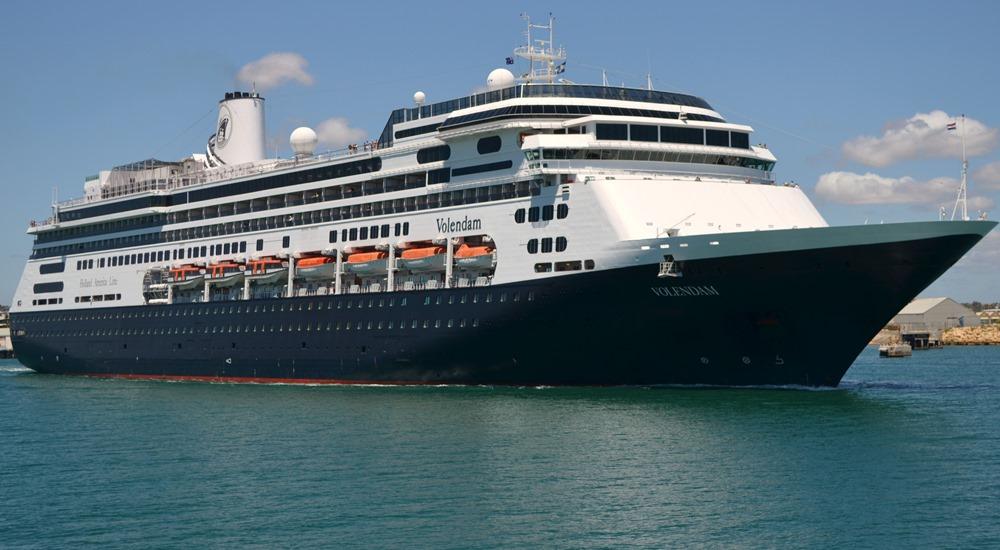HAL-Holland America completed the industry's first multiweek test of biofuels onboard ms Volendam at Port Rotterdam (Netherlands).
The 20-day test was conducted in partnership with GoodFuels, the leading producer and supplier of sustainable biofuels for the transportation industry, and Wartsila, a global leader in power & propulsion technologies/lifecycle solutions for the marine market.
The assessment was finished on September 7. During the first five days of the test, the vessel used a mix of 30% biofuel & 70% marine gas oil in one of its main auxiliary engines. For the final fifteen days of testing, the liner used 100% biofuel. GoodFuels revealed that there was a 78% decrease in lifecycle CO2 emissions during the final 15 days of the trial in comparison with marine gas oil emissions.
Dutch-flagged ms Volendam was selected for the test since she was located at the Port of Rotterdam, one of the global cruise ports where GoodFuels operates the infrastructure needed to provide biofuel waterside fueling services. There is no significant difference for the team members of the vessel in handling regular fuel oil versus biofuel. The use of a "drop-in" biofuel like the one tested on ms Volendam requires no shipboard refitting/special equipment.
The advanced biofuel is derived from feedstocks certified as 100% waste/residue, with no land-use issues/no competition with food production/deforestation.
Holland America is Carnival Corporation's first subsidiary/brand to run a long-term 100% biofuel shipboard test. The Corporation's German brand AIDA Cruises partnered with Goodfuels in July 2022 to run a blended biofuel test onboard AIDAprima in Port Rotterdam. While biofuels have been tested on some cargo ships and on large diesel engines at shoreside research facilities, these represented the first live tests on operational cruise vessels.

The biofuel tests of the two brands support the environmental mission and goals of Carnival Corporation. These include "achieving a 40% reduction in carbon per available lower-berth-day by 2030; expanding alternative fuels strategy across its liquefied natural gas program and battery, fuel cell and biofuel capabilities; delivering a 50% reduction in absolute air emissions of particulate matter by 2030; the aspiration to achieve net carbon neutral operations by 2050."